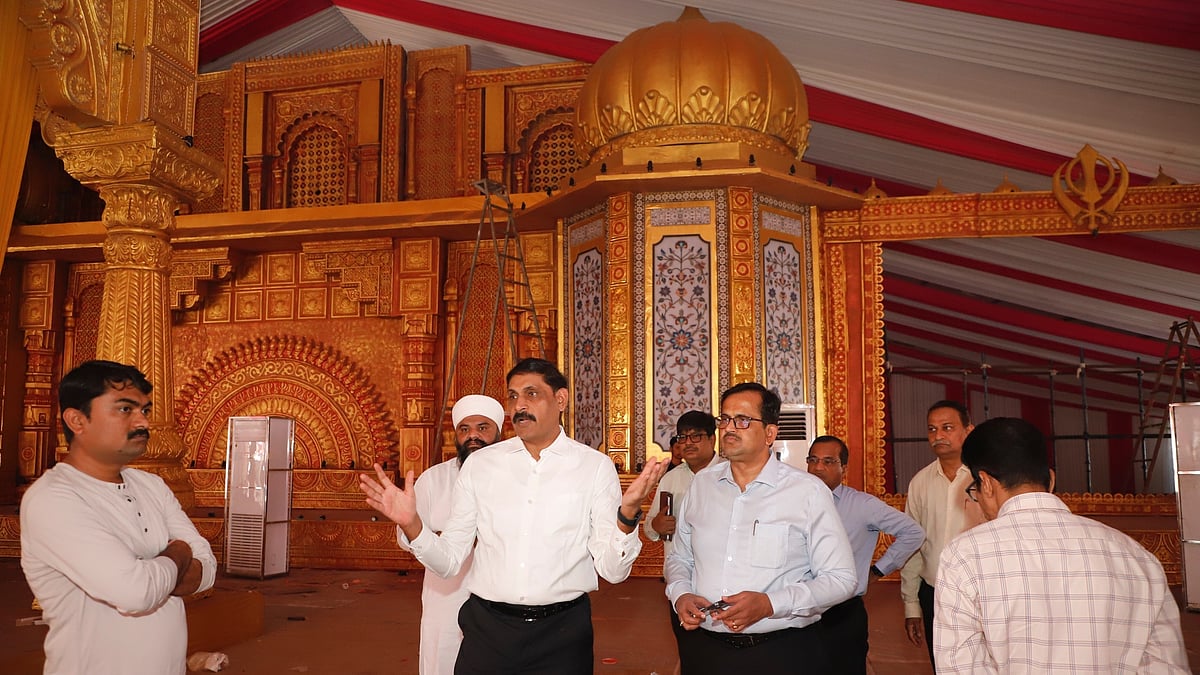Q. How does conciliation under MahaRERA work? Does it have any legal sanctity? Is it compulsory for the complainant to first go through the conciliation process? Who are the conciliators? Is the settlement arrived at MahaRERA conciliation binding and enforceable in law? What if the builder does not honour the settlement? Are lawyers allowed to represent parties before conciliation?
Ninad Sule, Santa Cruz (W)
A. The MahaRERA Conciliation Forum has legal sanctity in as much as it originates from section 32 (g) of RERA, 2016. In fact, this section mandates state RERA authorities to recommend to the state government “measures to facilitate amicable conciliation of disputes between the promoters and the allottees through dispute settlement forum set up by consumers or promoters association.”
The Mumbai Grahak Panchayat (MGP) took the initiative and requested MahaRERA to set up a conciliation forum. After due deliberations with MGP and associations like NAREDCO, CREDAI, and MCHI, the MahaRERA Conciliation Forum was notified on January 29, 2018. The Forum has necessary legal sanctity. Conciliation or mediation are legally recognised modes of alternative dispute resolution (ADR) all over the world. We also have the Arbitration & Conciliation Act of 1996, which provides a legal framework for any conciliation.
Recently the Parliament enacted the Mediation Act, 2023 as per which all conciliations will be treated as mediation. It is also the national policy to promote and encourage Mediation and Conciliation for dispute resolution in various sectors to reduce the burden on the mainstream judiciary.
Currently, MahaRERA has 51 conciliation benches in Mumbai, Navi Mumabi, Thane, Vasai, Palghar, Kalyan, Pune, Nashik, Nagpur and other places. Each bench comprises of two conciliators, one from MGP (consumer representative) and the other from either NAREDCO, CREDAI, or MCHI. Conciliation under MahaRERA is voluntary. It is not compulsory for the complainant to first go through the conciliation process. Currently, with a huge backlog of pending complaints, the MahaRERA Authority suggests that the complainants try for conciliation. If the conciliators succeed in promoting a settlement, the consent terms are drawn and forwarded to the MahaRERA Authority for passing an order accordingly. Failed conciliation matters are sent back to MahaRERA for a formal hearing.
The advantages of such settlements are many. If the settlement is possible, it does not take more than three to four sessions thereby saving lot of time. Since these are mutually agreed terms of settlement there is no question of any appeal. The consent terms are binding and enforceable as if it is a court decree. In case these consent terms are not complied by a party, the other party can initiate the process for execution of the consent Terms before MahaRERA Authority (section 40 of RERA).
There are also penal provisions under RERA for non-compliance. Section 63 provides a penalty for every day of noncompliance, which may cumulatively extend up to 5% of the total project cost. Lawyers are not prohibited before conciliation benches. However, they have a limited role in ensuring that their clients are not coerced to sign consent terms against their wishes. Their presence is also useful in carefully drafting the consent terms.
(Advocate Shirish V Deshpande is chairman of Mumbai Grahak Panchayat. Queries can be sent to him on email: shirish50@yahoo.com)




